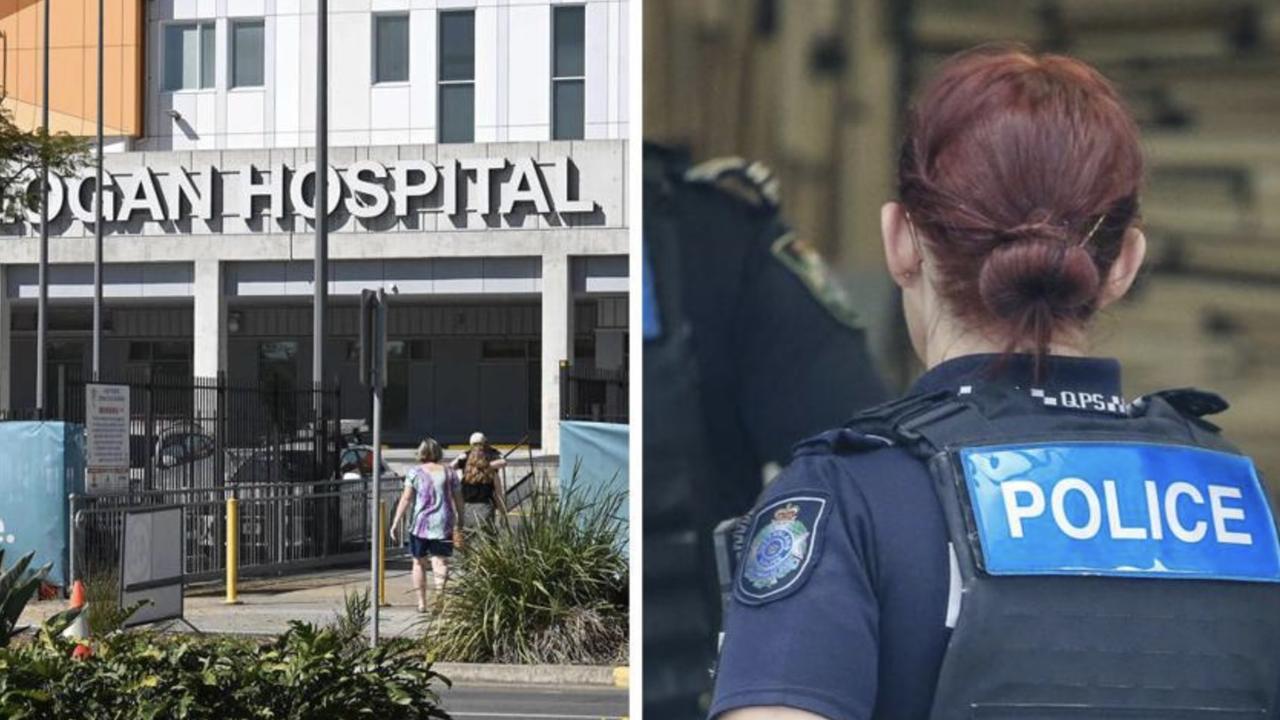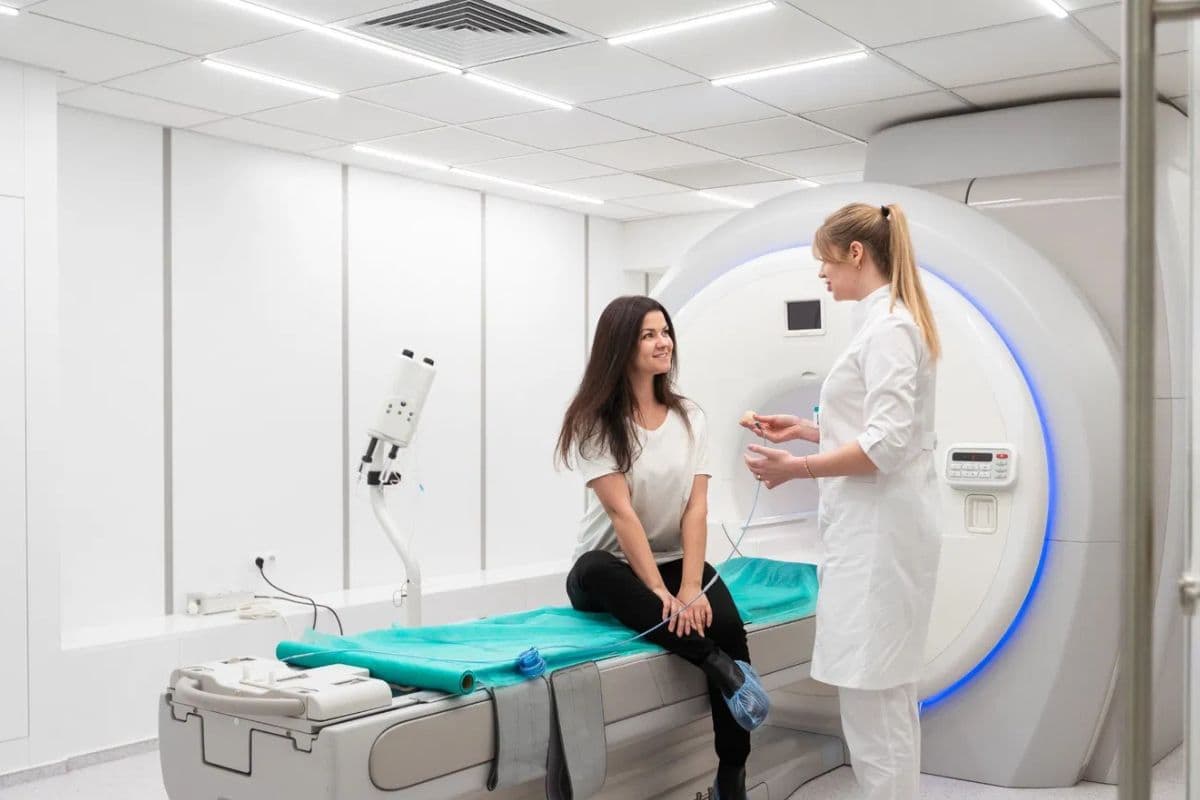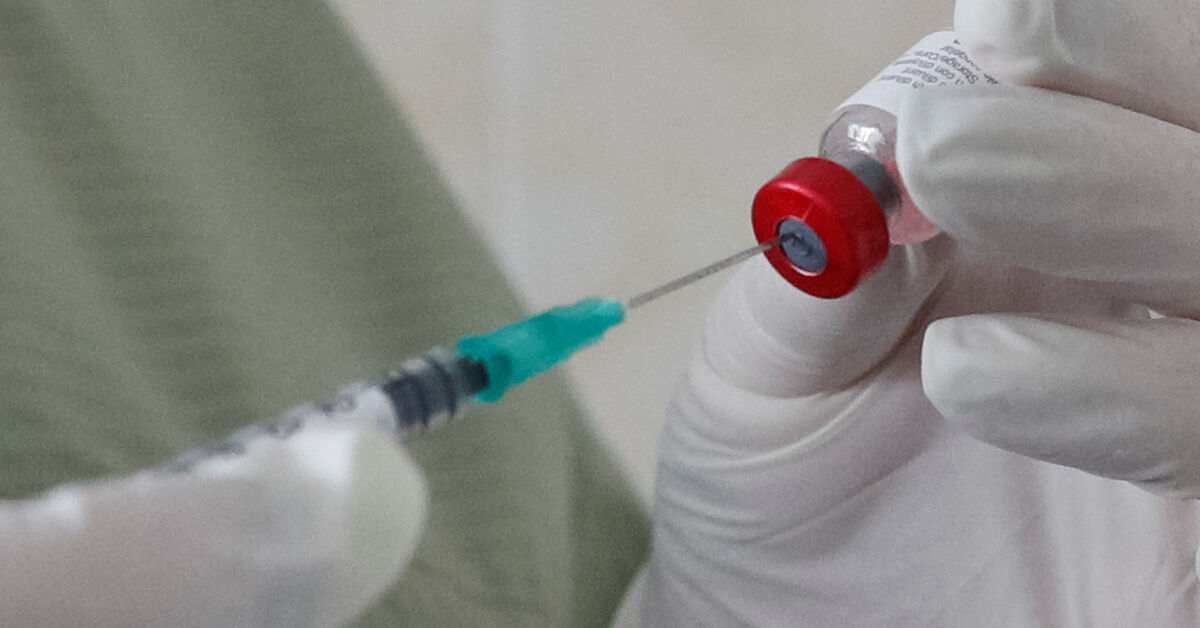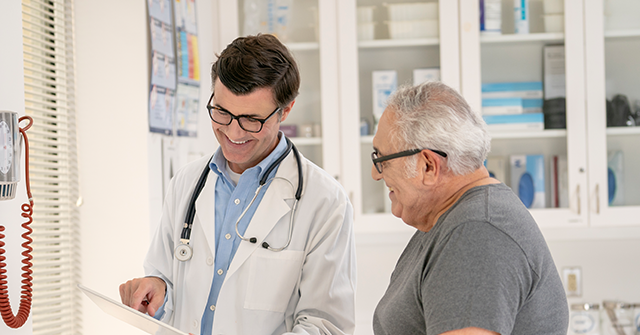Copyright news

Five people were hospitalised last week prompting fears they were poisoned from contaminated fast food. The cluster of patients turned up at Logan and Princess Alexandra hospitals with common symptoms. All five patients were suspected of ingesting Brodifacoum, which is commonly found in rodent baits. Symptoms include bleeding gums, easy bruising and blood in urine or stool. In extreme cases, it can be fatal. Queensland Health Minister Tim Nicholls told reporters on Tuesday a child was among the cluster that was contained to three families from the Logan area. He said police were now involved in the investigation and there was no indication the current outbreak had anything to do with a fast food or takeaway outlet. “There is no indication at this stage of any point source coming from either a takeaway store, fast food outlet or cafe,” he said. “Police are carrying out some investigations … but that doesn’t mean that Queensland Health is not continuing its work in respect to that matter, to identify the point source and the exact toxicology involved. “That’s quite a complex and detailed process.” Chief health officer Catherine McDougall said the incidents were not being treated as suspicious and the patients had been interviewed to find a common connection that linked the cases. “But it’s important that we’re actually considering all options, and police are experts in this space as well, so the police will look at their component and we’ll continue the public health investigation,” she said. “We have been engaged with police through routine channels, there’s a process by which, if there’s something deemed to be unusual that might relate to a product, that there’s a pathway for us to connect with police, it’s part of the normal process.” Ms McDougall said doctors were also alerted to be mindful of patients that presented with symptoms of bleeding from an unknown cause, but so far no additional patients had presented. “Two patients did spend a couple of days in hospital,” she said. “The three others weren’t really sick at all, but just received the vitamin K treatment … they’re all at home now receiving treatment.”



